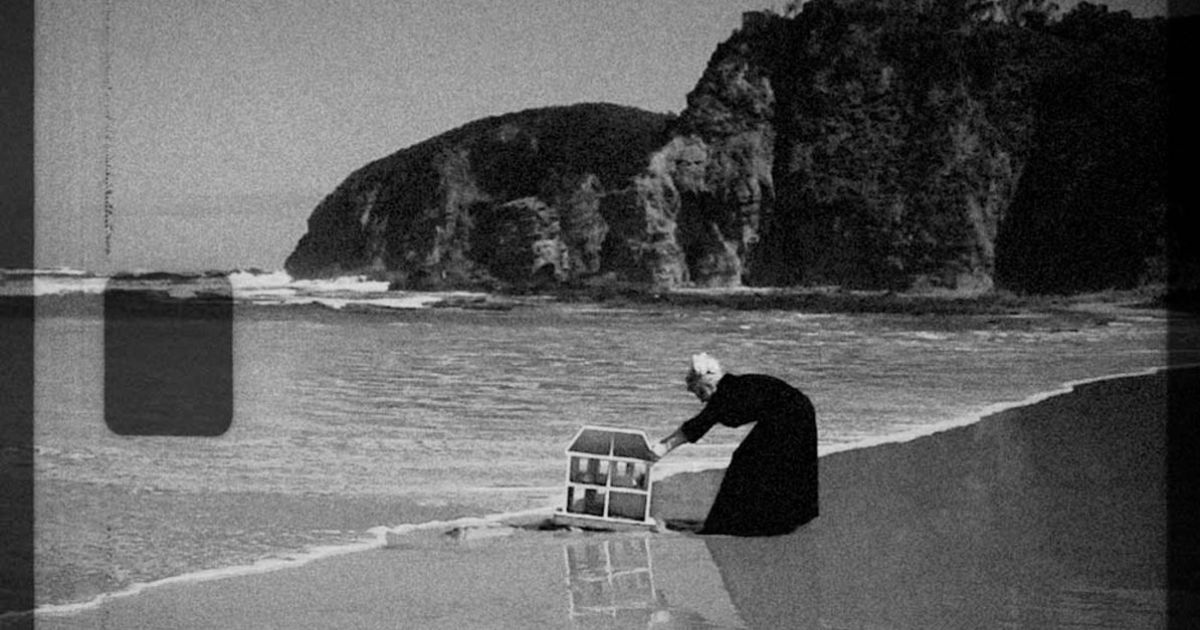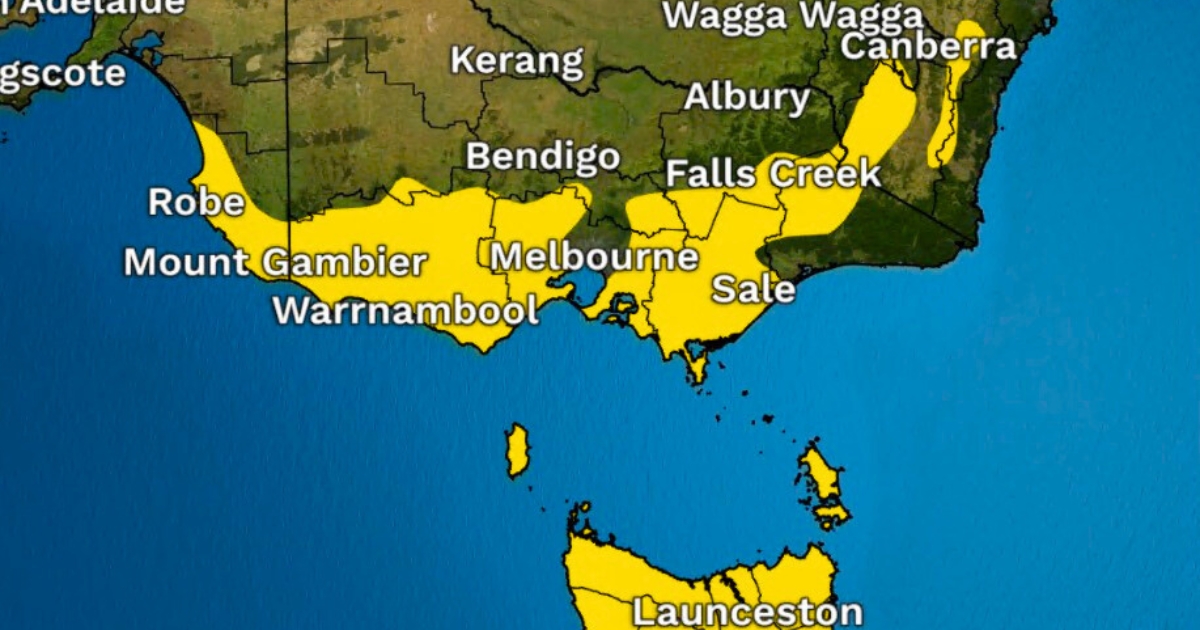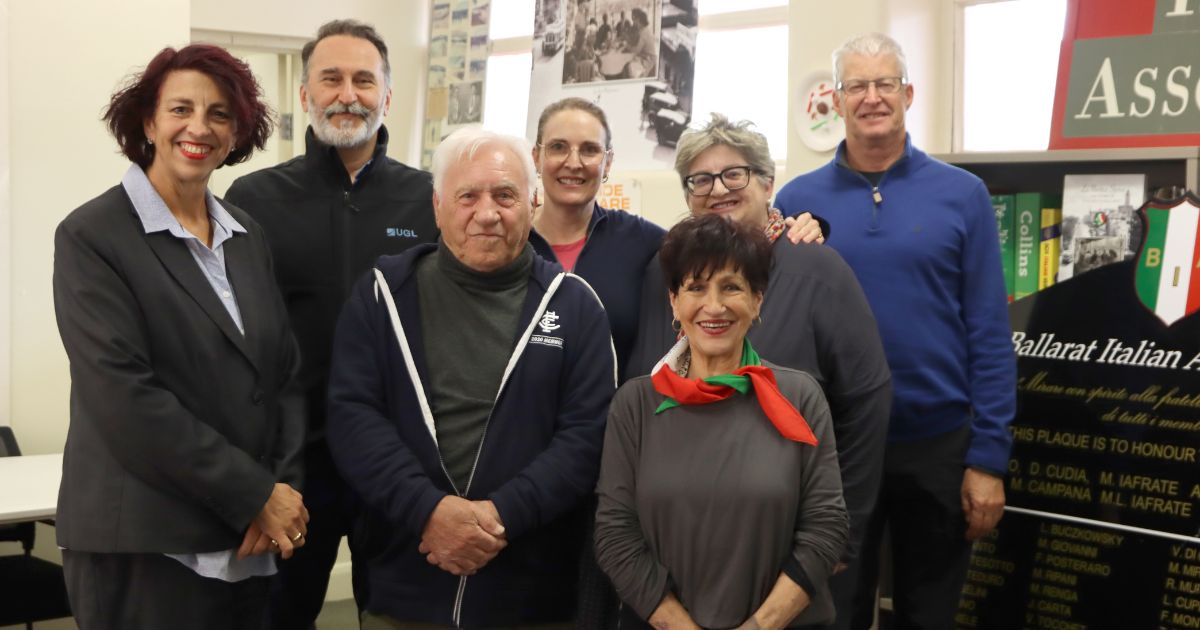University increases support for neurodivergent students

Isolated: A Federation University survey of students and staff found that 75 per cent of neurodiverse students are used to being completely self-reliant. Photo: FILE
FEDERATION University is increasing support provided to neurodivergent students with low sensory spaces, a toolkit for staff and students, support for neurodiverse student clubs, and research dissemination.
A survey by the university of more than 600 students and staff indicated that two-thirds of neurodiverse students are concerned about being stereotyped if they seek support.
The survey was part of a Higher Education Participation and Partnerships Program-funded project on supporting neurodiverse students in higher education.
The project was led by Dr Steve Edwards.
It was designed with the support of students and consultants with lived experience of neurodivergence.
Other key findings from the survey included than 75 per cent of students are used to being completely self-reliant, 57 per cent have little or no help outside university, and 62 per cent lack confidence in asking for assistance.
Of neurodiverse students, 44 per cent identify with having attention-deficit/hyperactivity disorder (ADHD), 40 per cent with autism, and 26 per cent with a learning disability.
Among staff, 33 per cent identify as having ADHD, 29 per cent with autism, and 19 per cent with a learning disorder.
“These findings provide important insights into the barriers ND students face,” Federation University’s chief learner experience officer Samantha Bartlett said.
“With input from hundreds of past and present students, we now have a clear understanding of what fosters social inclusion and academic success.
“By implementing the strategies they’ve endorsed, Federation University is taking meaningful steps toward becoming a more inclusive and neurodiverse community.”
One of the key outcomes of the survey is university-wide training for staff about how to support neurodivergent students.
Federation University Bachelor of Psychological Science student and Neurodivergent Club president Aaron Valdes said it is critical to create meaningful change.
“It became clear that there was a real need in our community that wasn’t being met,” Mr Valdes said.
“As someone who is neurodivergent myself, I know how isolating it can feel and how hard it can be to find a true sense of belonging.
“That’s why I founded the Neurodivergent Club at Federation University – to create a space that not only promotes inclusion but also fosters a supportive community where people truly understand and uplift one another.”


















